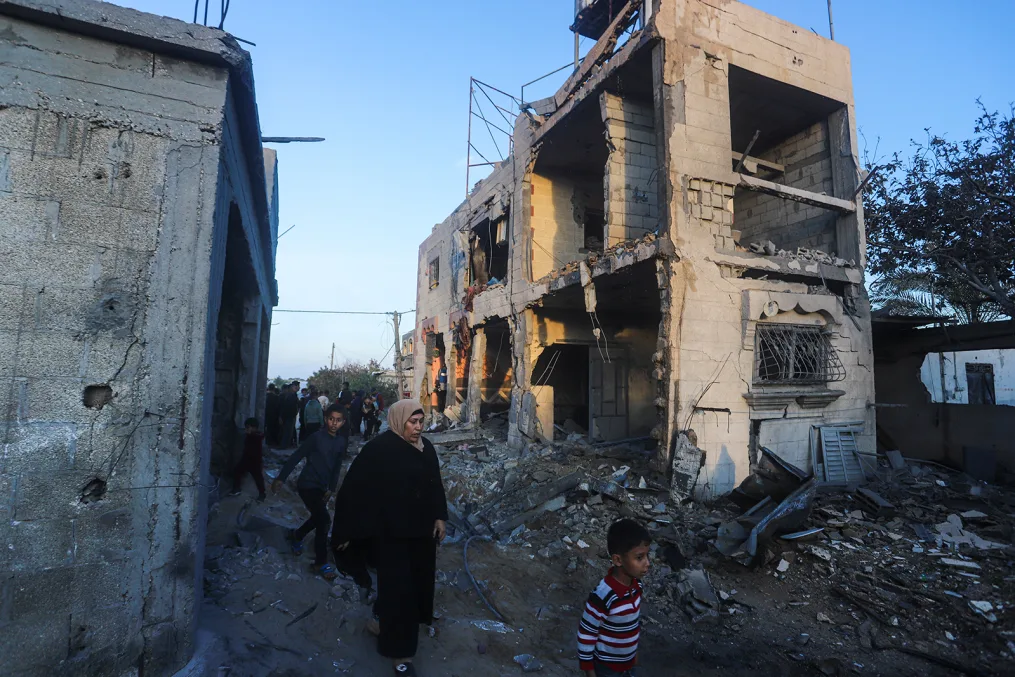In a dramatic pre-dawn raid on Monday, Israeli forces successfully extracted two hostages, Fernando Simon Marman and Louis Har, from the grip of Hamas militants in Rafah, a city in the southern Gaza Strip. The operation, which involved the Israel Defense Forces (IDF), Shin Bet, and police special forces, came at a steep cost, with airstrikes accompanying the ground assault resulting in the deaths of approximately 100 Palestinians, as reported by local officials.
The hostages, both Israeli-Argentinians, had been held captive since October 7, enduring 128 days of captivity before their liberation. “It’s an extraordinary day today, at least for our family,” Idan Begerano, Har’s son-in-law, expressed to CNN, highlighting the emotional weight of the reunion. Geffen Sigal Ilan, Marman’s niece, also shared the poignant moment of their reunion, “I couldn’t believe I was hugging him, I was so happy.”
The IDF spokesperson, Daniel Hagari, detailed the meticulous planning and execution of the rescue, emphasizing the reliance on “compassionate and valuable intelligence” that led to the successful extraction of Marman and Har. The operation faced resistance, but the hostages were swiftly moved to safety, receiving immediate medical attention before being airlifted out of Gaza.
However, the operation’s success for Israel is shadowed by the significant loss of life in Gaza. The Palestinian Red Crescent Society and the Hamas-controlled health ministry reported over 100 fatalities due to the airstrikes, with the final toll expected to rise. The aftermath in Rafah revealed a city grappling with devastation, from overwhelmed medical facilities to destroyed homes and mosques.
The international community watches closely as tensions escalate, with concerns over a potential full-scale Israeli offensive into Rafah. The city, already a refuge for over 1.3 million people displaced by ongoing conflicts, faces dire shortages of essential supplies. The UN has described the situation as a “pressure cooker of despair,” highlighting the humanitarian crisis brewing in the enclave.
Israeli Prime Minister Benjamin Netanyahu, under pressure to secure the release of captives, remains steadfast in his military strategy, promising safe passage for civilians but with scant details. The operation’s toll extends beyond the immediate casualties, raising questions about the broader implications for peace and stability in the region.
As the world reacts to the stark contrast between the joy of reunion and the sorrow of loss, the path forward remains fraught with complexity. While the rescue operation is a testament to the lengths nations will go to protect their citizens, it also underscores the profound human cost of conflict, leaving a community and a nation in mourning.







